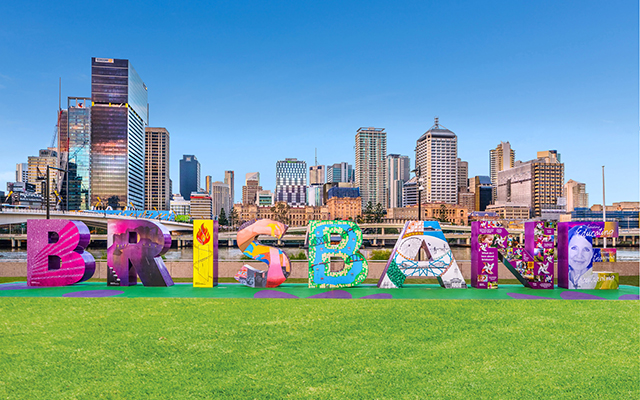...living with Covid should not be an endless chain of disruption, confusion, complexity and hopelessness, as some of the Omicron measures taken by anxious governments have made people feel
Our exit from 2021 came with the promise by more governments to live with Covid. That, along with rising global vaccination rates, improved scientific understanding of the virus and leadership assurance that the harsh lockdowns implemented in 2020 and 2021 are a thing of the past, has allowed businesses to harbour more hopes of recovery in the new year ahead.

The decision to live with Covid is the only way forward for the world because it is unnatural to be gripped by fear for prolonged periods and to be forever socially isolated, especially when many more variants are to be expected.
Unfortunately, the thing about this statement, living with Covid, is that it can mislead one into thinking that life would return to pre-pandemic state, where there is ease and convenience in all aspect of our usual activities, including travel and event attendance. Low national infection incidents and a high vaccinated population function as a double-edged sword, feeding complacency and that misbelief.
And yet, living with Covid should not be an endless chain of disruption, confusion, complexity and hopelessness, as some of the Omicron measures taken by anxious governments have made people feel. For instance, if the local population is almost fully double-vaccinated and boosted, should capacity limits at attractions and tours still apply, should restricted interaction at public and private events still be required, should costly quarantines upon arrival still be necessary, would curfews still make sense?
Assurances of less extensive disruptions with an endemic Covid strategy seem to have wavered in the face of Omicron, as we have seen Thailand quickly pausing her quarantine-free allowance for travellers, Singapore freezing new ticket sales for Vaccinated Travel Lane flights and buses, and South Korea scrapping quarantine exemptions for vaccinated travellers.
A recent commentary by Financial Times’ Martin Sandbu suggested the need for “predictable emergency responses”, not knee jerk reactions by anxious governments and leaders, so that people are prepared to shift from normality “to a crisis regime at the flick of a switch, when contagion intensifies”.
Sandbu likened the ideal Covid response to “fire and safety drills, military war games, police playbooks for anti-terrorism operations”.
If governments could agree on a similar – single would be too hopeful – Covid emergency response that is built on science and practicality, people could truly live with Covid. With more certainty and less every-changing travel restrictions, people and organisations would be more willing to resume their travel plans, and put our industry on the proper track to recovery.
















